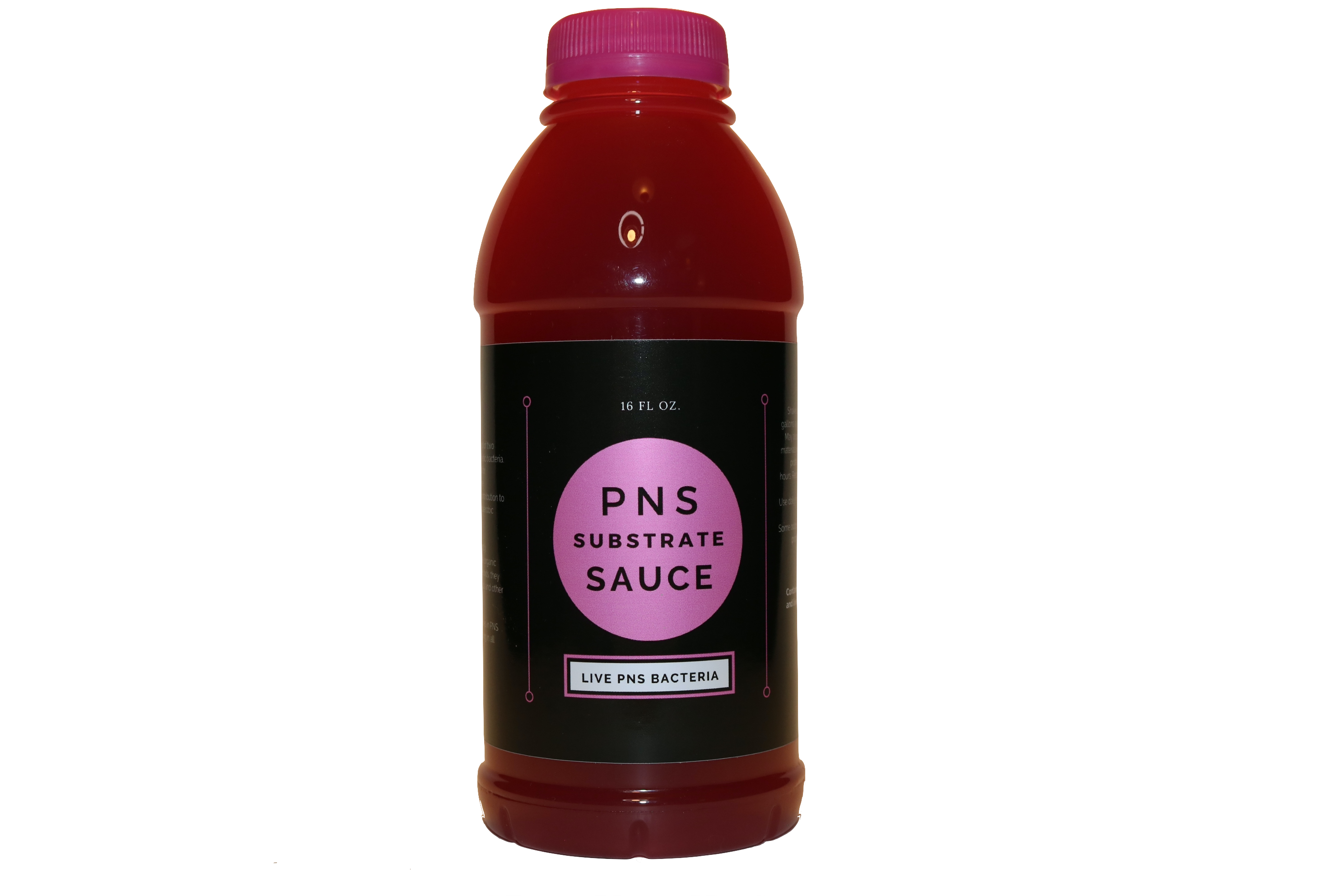I generally used zeovit (bak/ sponge power, zeofood and zeo start)
I assume start is the carbon source? My current po4 is around .15 and nitrate around 1...
wondering if I should dose anything else to help the PNS
I assume start is the carbon source? My current po4 is around .15 and nitrate around 1...
wondering if I should dose anything else to help the PNS


















